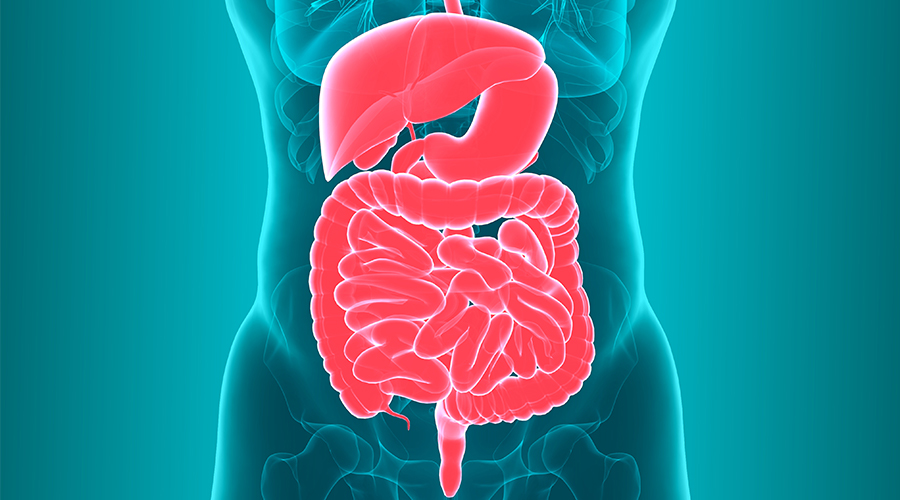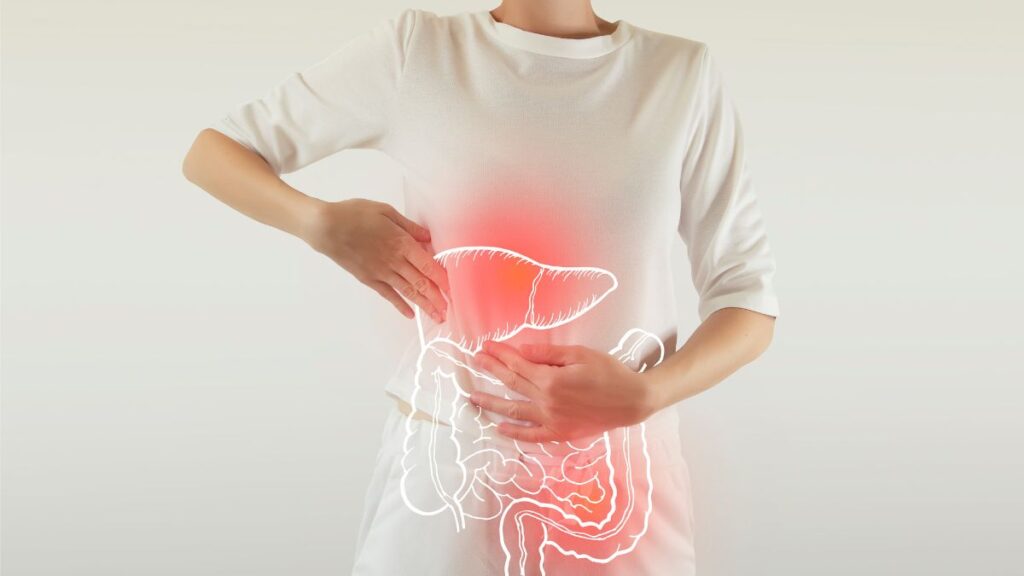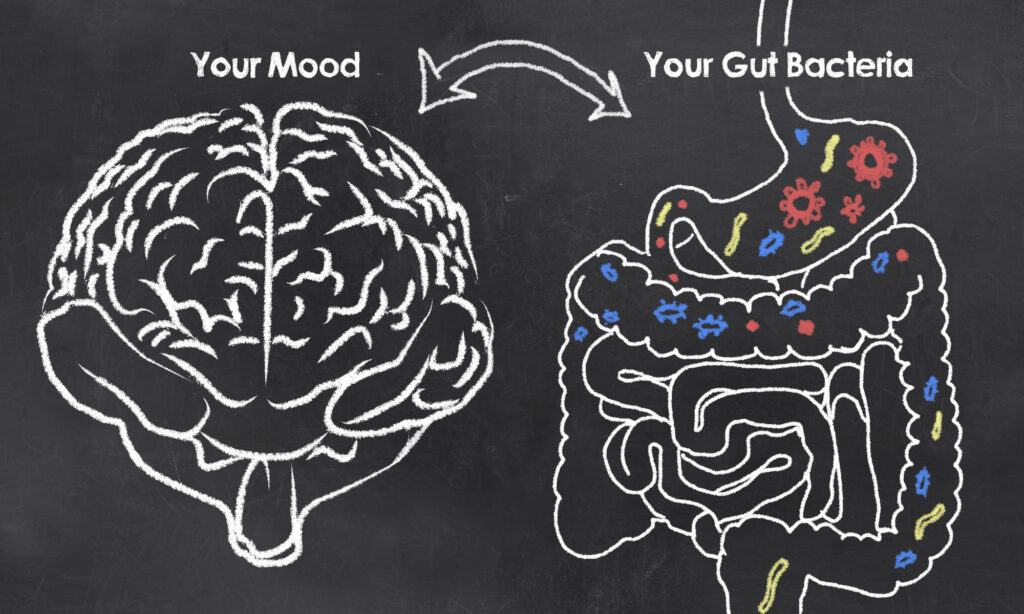Health is wealth (Small Changes, Lifelong Impact)

The gut is regarded as the monarch of bodies, deserving of the title “king.” Proper intake produces favorable outcomes. We are living in a modern age.
The market offers an infinite variety of nutrients. We have shown in several earlier postings that there is a strong correlation between food and emotions and that gut health has a greater impact on our mental health.
Since the digestive tract is essential for immune system function, nutritional absorption, and even mental health, gut health is critical for general wellbeing.
The gut is the home of trillions of microorganisms known as the gut microbiome, which aid in food digestion, nutrition production, and disease defense.
Immunity, digestion, and mental clarity can all be improved by eating a diet high in fiber, probiotics, and prebiotics to maintain a balanced gut flora. On the other side, poor gut health has been connected to diseases like anxiety and depression and can cause inflammation and digestive problems.
Making gut health a priority benefits not just your digestive system but also your general physical and mental well-being.
Gut health was once thought to be the cornerstone of general health and was frequently seen as the source of vitality and disease prevention. The maintenance of gut homeostasis and digestion were key components of ancient medicinal systems such as Ayurveda and Traditional Chinese Medicine.
These customs acknowledged the importance of a healthy stomach for appropriate immunity, nutrient absorption, and even emotional equilibrium.
The foundation of Ayurveda health was the idea of “Agni,” or digestive fire. It was thought that a robust Agni would prevent the accumulation of poisons, or “Ama,” in the body.
Comparably, Hippocrates, the father of Greek medicine, is credited with saying that “all disease begins in the gut,” expressing the belief that digestive problems are the root cause of many illnesses.
Ancient cultures understood that a healthy digestive system was essential to a long and healthy life, thus they heavily relied on dietary practices, herbal medicines, and lifestyle choices to maintain the gut in balance before the advent of modern medicine.
Signs of bad gut health

There are many different ways that poor gut health can show themselves, and they can impact not only your digestive system but also your general health.
Easy Ways to Keep Your Gut Flora Healthy Every Day
Some Indications:
Digestive Problems: Heartburn, constipation, diarrhea, gas, and frequent bloating are clear indicators that something is wrong with your gut.
Food Intolerances: An imbalance in your gut flora may be the cause of discomfort, gas, or nausea caused by specific meals that you find difficult to digest.
Fatigue and Sleep Disorders: Unbalances in gut flora, which either create or affect the production of hormones linked to sleep, such as serotonin, can cause sleep disorders like insomnia or disturbed sleep.
Skin Conditions: As inflammation from a sick stomach can show up as skin symptoms, conditions like acne, eczema, or unexplained rashes can be linked to gut health.
Autoimmune Problems: Immune responses triggered by a weakened stomach can contribute to inflammation and perhaps exacerbate autoimmune diseases.
Mood Swings and Mental Health Issues: Because of the gut-brain connection, mental health issues such as anxiety, sadness, or mood swings can be influenced by an unhealthy gut by changing the way neurotransmitters are produced.
Recurrent Infections or diseases: Because the gut houses a sizable section of the immune system, gut health issues can impair immunity, leaving you more vulnerable to infections and diseases.
Bad Breath: If your bad breath persists and isn’t brought on by poor dental care, it may indicate a microbiota imbalance in your stomach.
Sugar Cravings: An imbalanced gut microbiota can lead to strong sugar cravings, which can feed the bad bacteria and continue the vicious cycle of poor gut health.
Are emotions and gut health interrelated?

Indeed, there is a strong correlation between gut health and emotions, mostly due to the gut-brain axis. The enteric nervous system, which controls the gut, and the central nervous system, which includes the brain, are connected via a bidirectional communication system. This is how they affect one another:
Brain-Gut Communication
The vagus nerve, a main nerve extending from the brainstem to the abdomen, and the bloodstream both serve as pathways for communication between the gut and the brain.
These pathways involve hormones and neurotransmitters.
Trillions of bacteria make up the gut microbiome, which is crucial to this communication. It creates neurotransmitters that affect mood and emotions, such as dopamine, gamma-aminobutyric acid (GABA), and serotonin.
Gut health affect’s on emotions
Dysbiosis, or an imbalance in the gut microbiota, can cause the body to produce inflammatory chemicals that can impact mood and brain function, thereby exacerbating mental health issues like anxiety and depression.
Emotional instability, elevated stress levels, and mood swings might result from changes in the production and control of neurotransmitters caused by gut health issues.
Easy Ways to Keep Your Gut Flora Healthy Every Day
Emotion’s affect on gut health
Gut health can be directly impacted by stress and unpleasant emotions. Prolonged stress has the potential to damage the gut flora, increase gut permeability (often referred to as “leaky gut”), and cause digestive problems such as IBS.
Digestion can also be sped up or slowed down by emotional discomfort, which can result in symptoms like diarrhea, bloating, or nausea.
What part serotonin plays
The gut produces around 90% of the body’s serotonin, a neurotransmitter that controls mood. This emphasizes how closely gut health and emotional wellbeing are related.
Stress and Immune Response
Stress can affect the gut’s immune function, leading to inflammation, which in turn can affect the brain and emotions. Conversely, a healthy gut can help regulate the body’s response to stress.
Emotions and gut health have a complicated and intricate relationship. Emotional health can assist a balanced and healthy gut, and a healthy gut can support emotional well-being.
Important exercises for improving gut health

The main goals of exercises that support gut health are stress reduction, better digestion, and increased circulation to the abdominal region. The following are some efficient workouts to promote gut health:
Easy Ways to Keep Your Gut Flora Healthy Every Day
Yoga
Twisting Pose: By gently massaging the internal organs and promoting digestion, poses like Revolved Triangle Pose (Parivrtta Trikonasana) and Seated Spinal Twist (Ardha Matsyendrasana) might assist to enhance intestinal motility and decrease bloating.
Forward Bends: To improve digestion, postures like Child’s Pose (Balasana) and Standing Forward Bend (Uttanasana) help ease tension in the abdominal muscles and improve blood flow to the digestive system.
Deep Breathing and Meditation: Stress reduction is essential for preserving gut health. Both deep, thoughtful breathing and meditation practice lower stress. Stress can have a detrimental effect on gut health, increasing the risk of digestive disorders like irritable bowel syndrome (IBS).
Walking after Meals
Taking a 20–30 minute walk after eating can aid with regular bowel motions and digestion. Walking can facilitate the more effective passage of food through the digestive system by increasing blood flow to the intestines.
Planks and pelvic tilts
These exercises assist the digestive system and enhance posture by strengthening the muscles in the core of the body. In addition to lowering the risk of bloating and pain, a strong core can aid in the maintenance of a healthy digestive system.
Aerobics
Cardiovascular Exercise: Regular cardiovascular exercise, such as jogging, swimming, or cycling, raises blood pressure and heart rate, which can enhance intestinal motility and enhance digestion in general. Additionally, it aids in stress reduction, which is good for gut health.
Pelvic floor exercise
Kegels and Squats: By enhancing bowel control and lessening constipation symptoms, strengthening the pelvic floor muscles can promote gut health. By giving the lower abdomen more support, these exercises can improve the digestive system’s performance.
Some interesting facts about gut health

Your gut contains an astounding 70% of your whole immune system. This makes sense when you realize that the stomach is in continual communication with the external environment. This area of your body comes into regular touch with food, which may carry harmful microorganisms. Your gut’s immune cells therefore need to be on high alert.
The Gut Is a “Second Brain”: The gut possesses more than 100 million nerve cells in its enteric nervous system, which is its own neural system. Because of this, it’s frequently referred to as the “second brain” and has an impact on feelings, mood, and mental health in general.
Diversity of the Gut Microbiome: Each person’s gut microbiome is distinct from another, resembling their fingerprint, and is made up of trillions of bacteria, viruses, and fungus. Improved health and disease resistance are linked to a more varied gut flora.
90% of the Body’s Serotonin is Produced in the Gut: A considerable correlation has been found between gut health and mental health, as the stomach produces around 90% of the neurotransmitter serotonin, which controls mood, happiness, and anxiety.
Easy Ways to Keep Your Gut Flora Healthy Every Day
The bulk of bacterial cells in the human body are found in the gut, where they outnumber human cells by a factor of ten. These microorganisms are essential for healthy digestion, immune function, and even weight control.
Gut Food: Dietary fiber is necessary to nourish the good bacteria in the stomach. Short-chain fatty acids, which are essential for colon health and inflammation reduction, are produced when these bacteria digest fiber.
The Influences of the Gut Immunity: The stomach contains around 70% of the immune system. The immune system is regulated by a healthy gut microbiota, which shields the body against illnesses and infections.
Antibiotics Can Upset the Gut: Although antibiotics are crucial for treating infections, they can also throw off the equilibrium of gut flora, which can cause digestive problems. After taking antibiotics, the gut microbiota may not entirely recover for several weeks or even months.
Skin Health and Gut Health are Linked: Skin disorders such as psoriasis, eczema, and acne are closely associated with gut health. Skin irritation may be the result of an unbalanced stomach.
Gut Health and Weight: Studies indicate that dysbiosis of the gut microbiota may have a role in obesity by influencing the body’s ability to store fat, control blood sugar levels, and react to hunger and fullness hormones.
Probiotics Can Improve Mental Health: Studies have indicated that probiotics, which are helpful bacteria, can alleviate symptoms of anxiety and depression by affecting the gut-brain axis.
These facts underscore the vital role that gut health plays in overall well-being, affecting everything from digestion and immunity to mood and mental health.